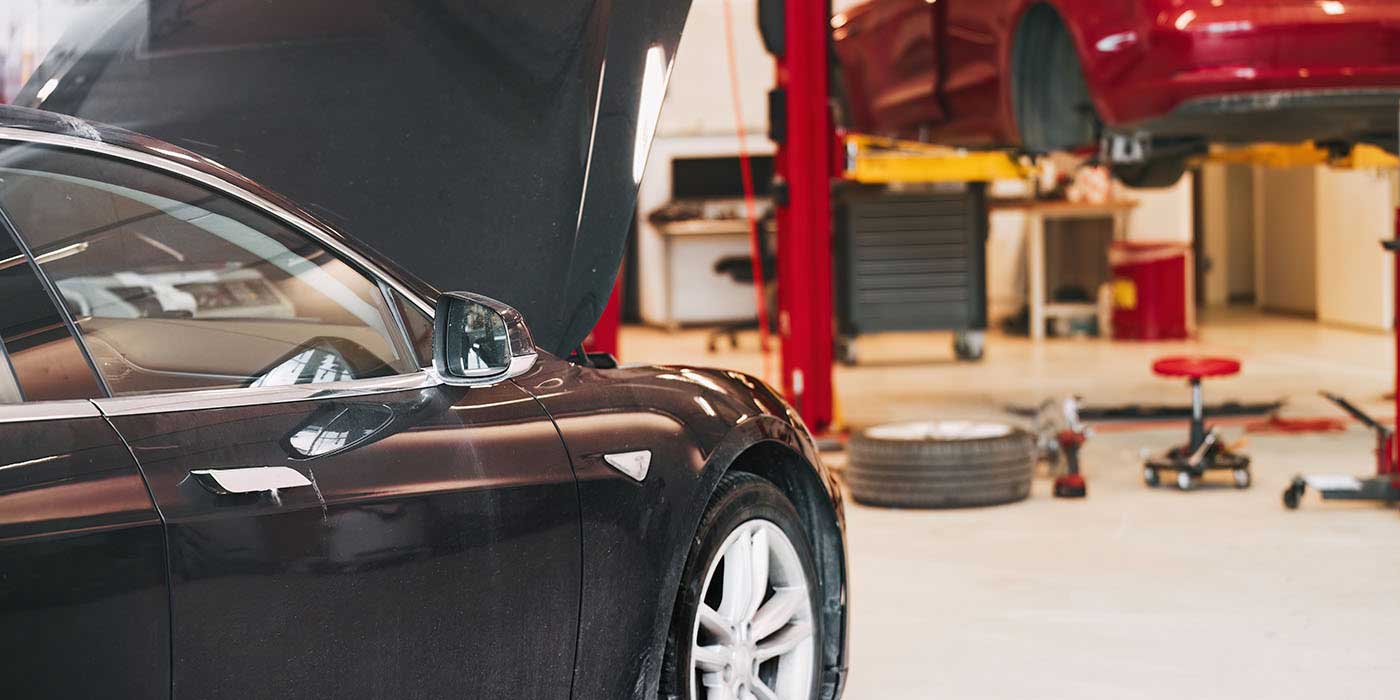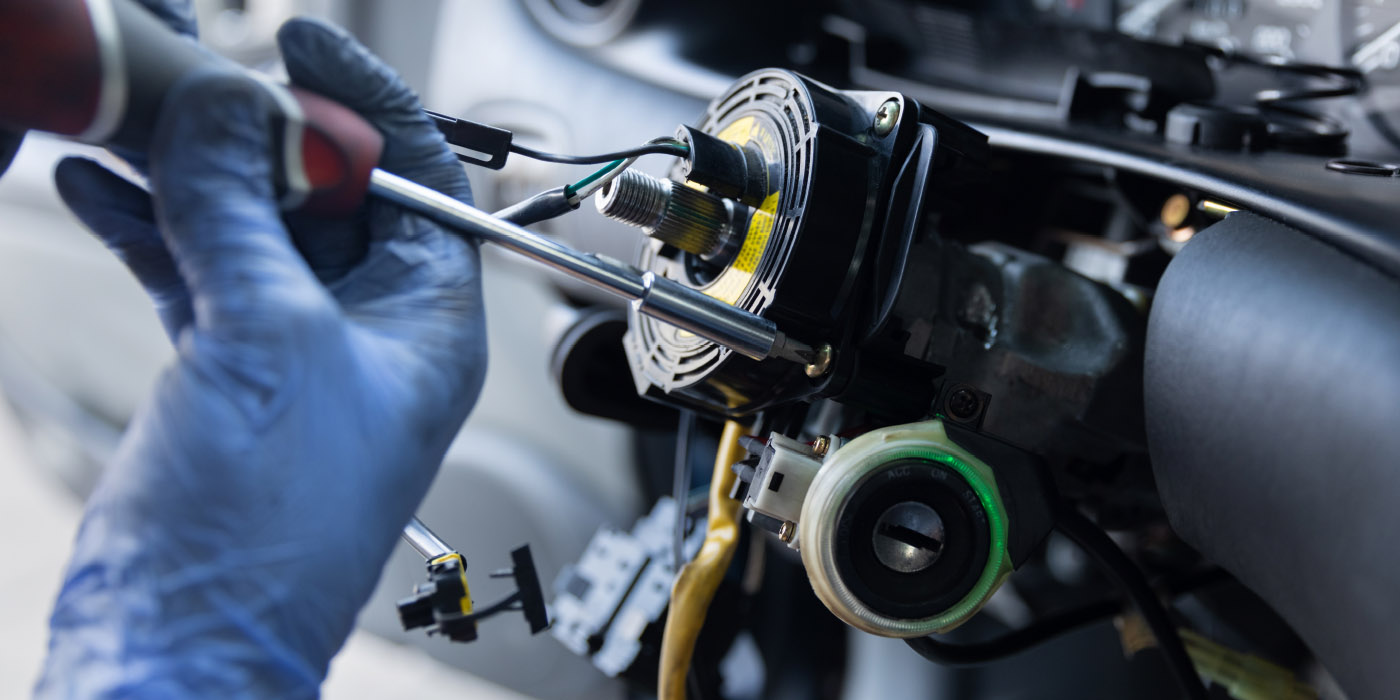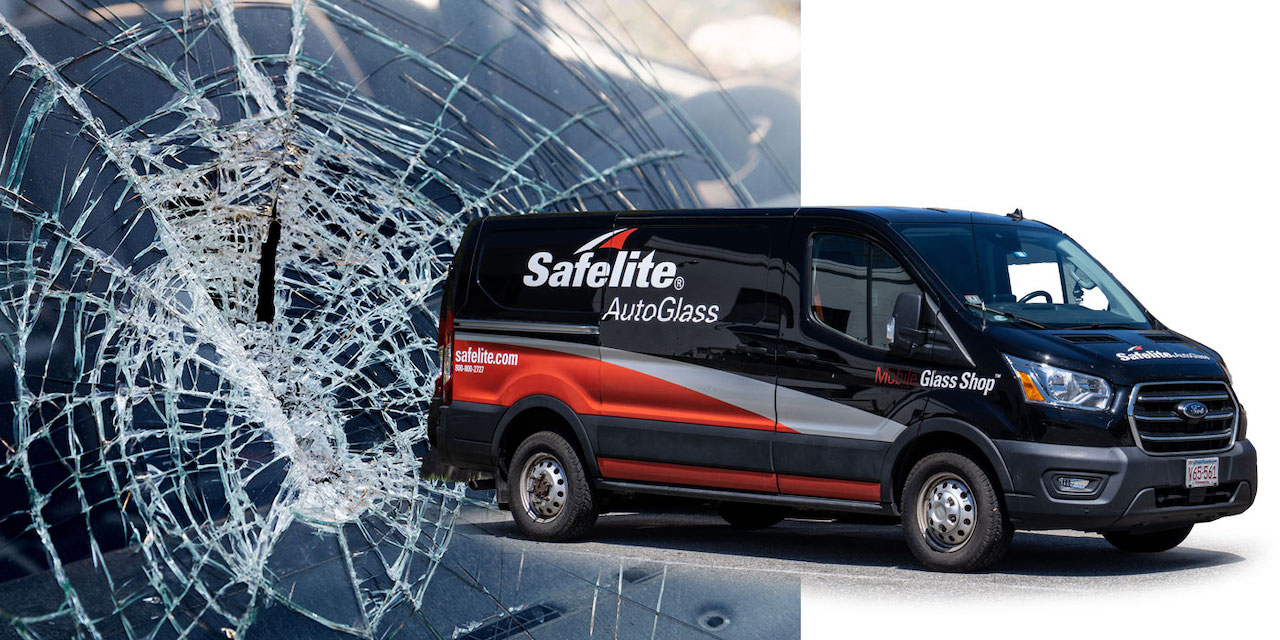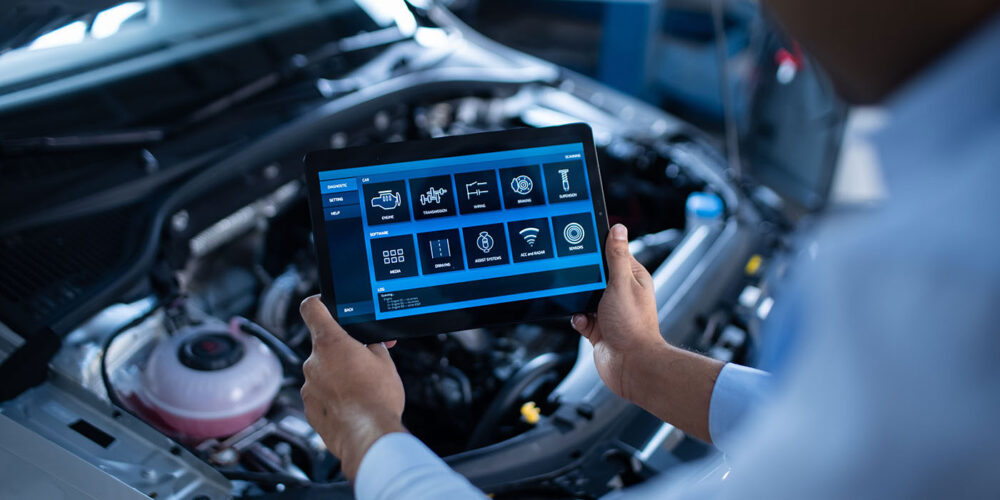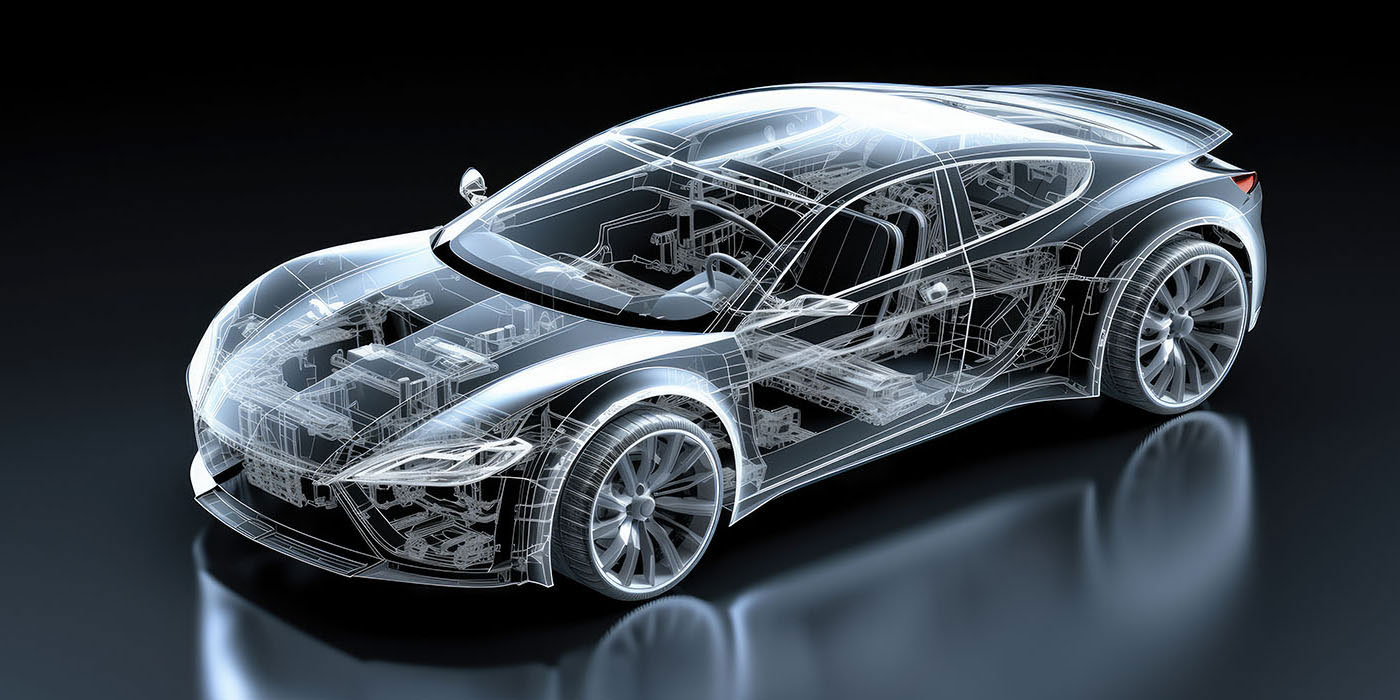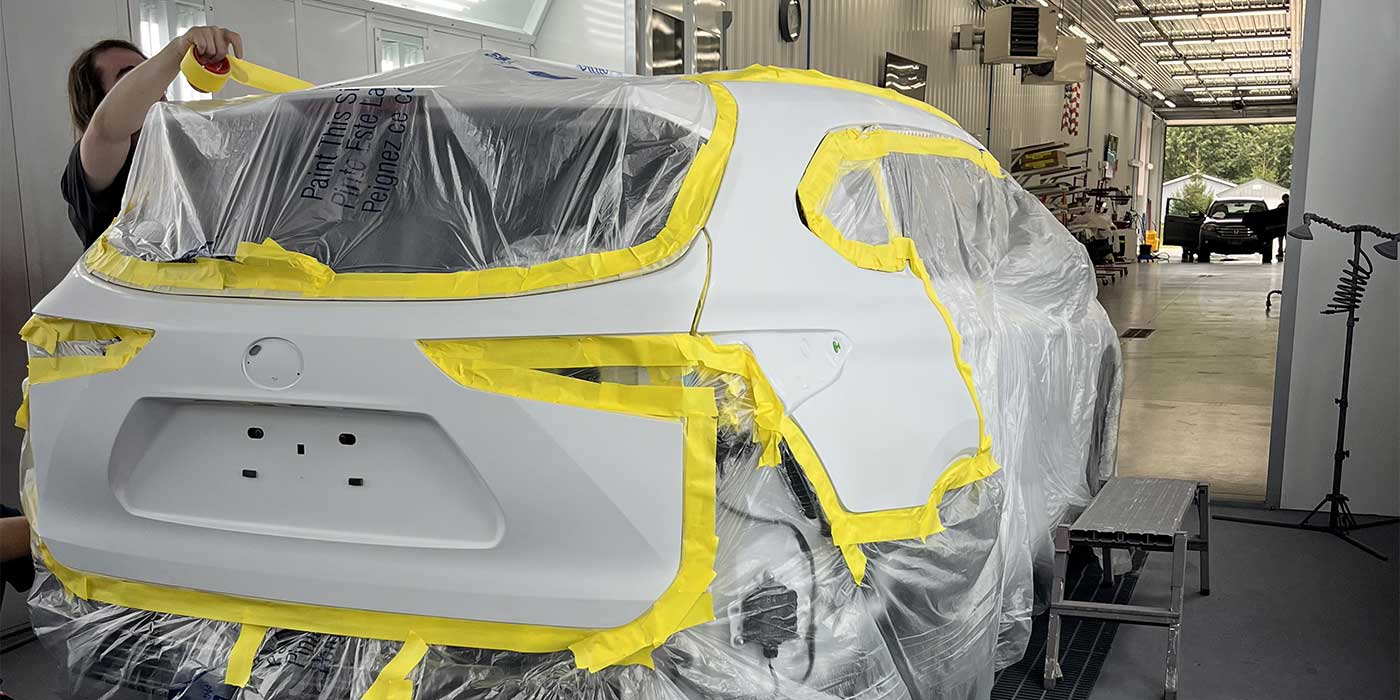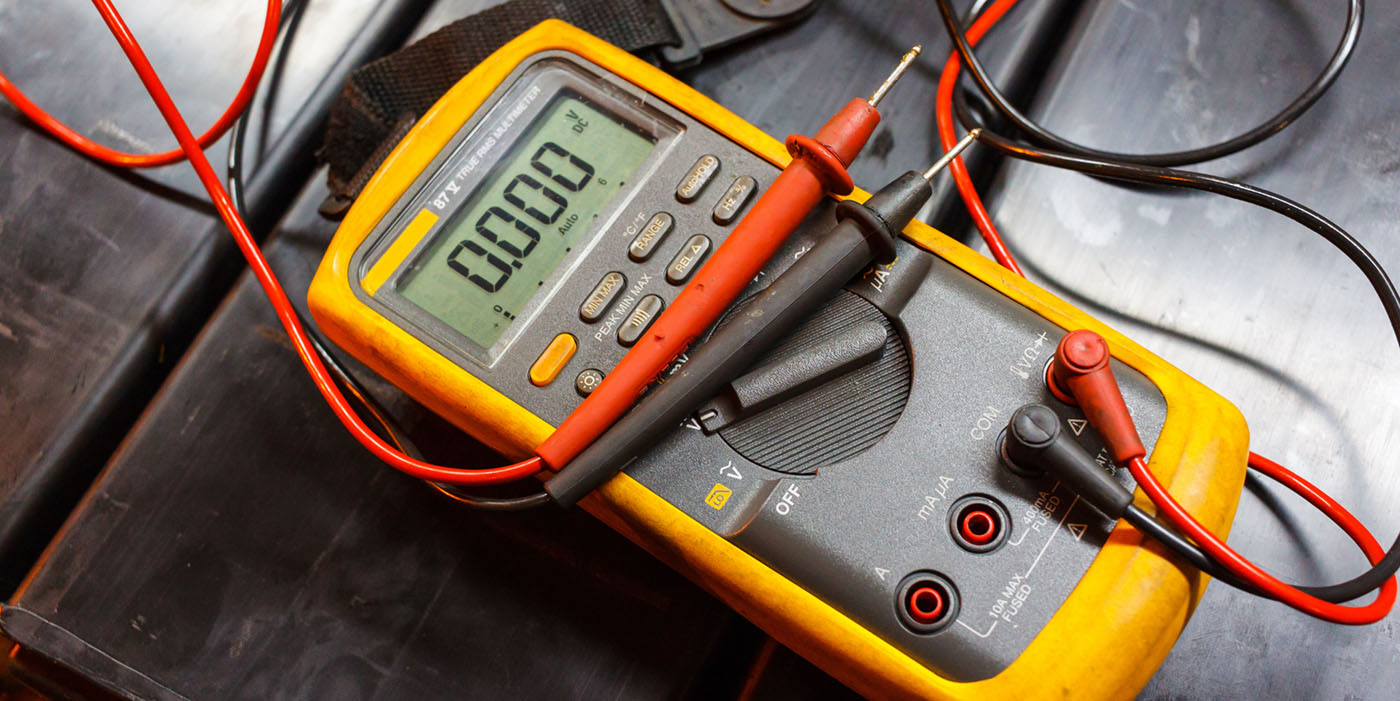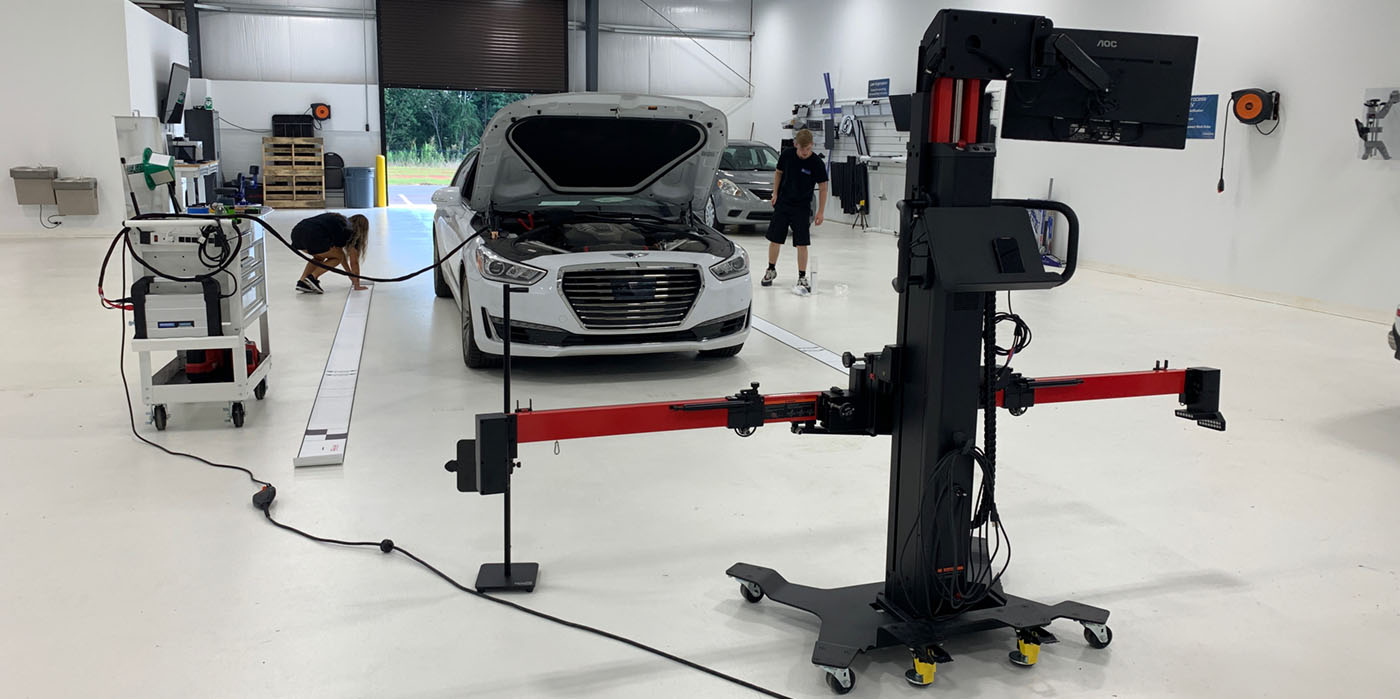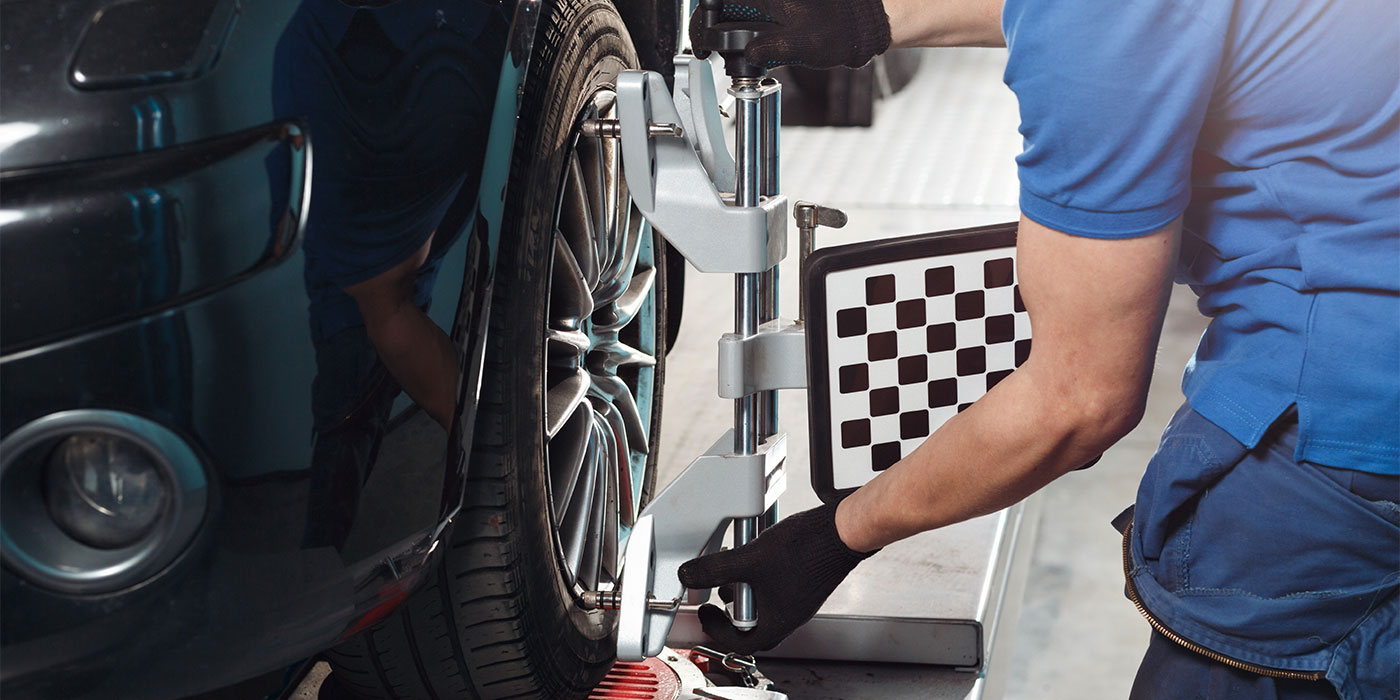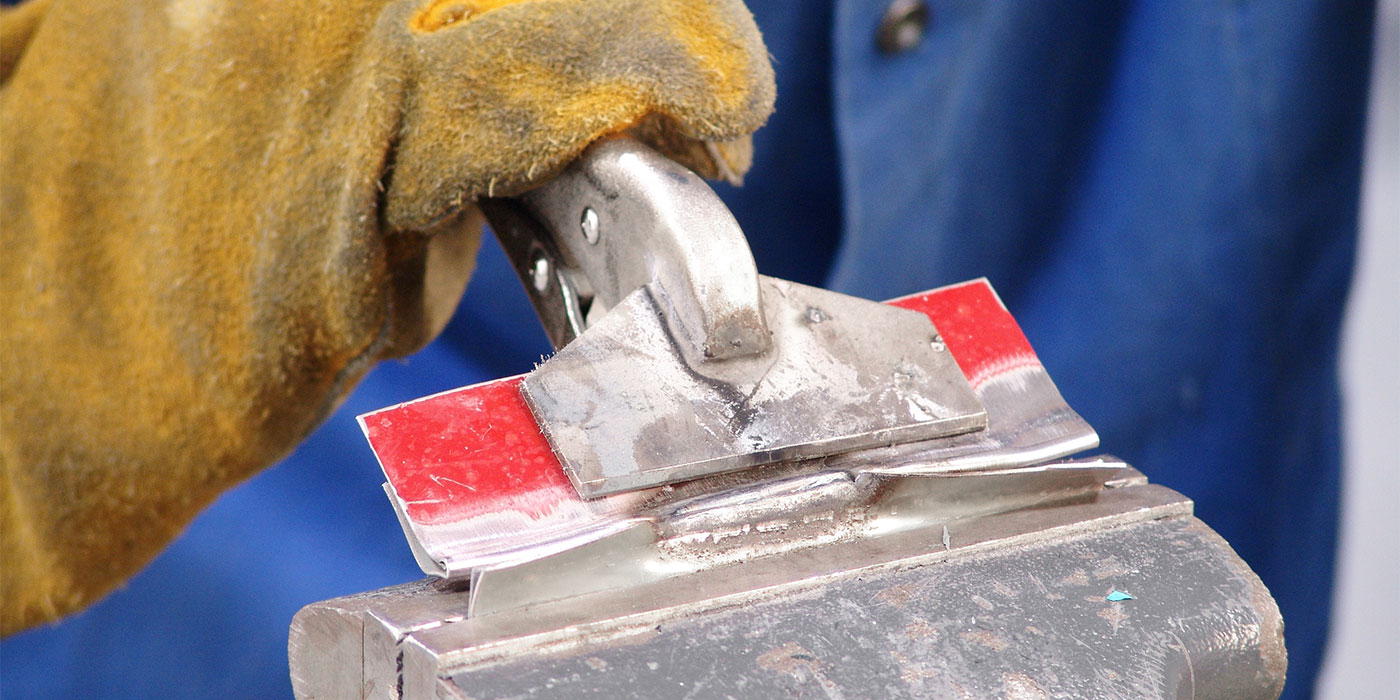Last month, I wrote about the debate over aftermarket vs. OE parts. As suspected, it generated a lot of feedback from readers. If you read the article carefully, you know I neither supported nor condemned either aftermarket or OE parts. The point was to stress that you (the shop owner/repairer) would ultimately determine which type of parts work best in the challenges and circumstances you face on a day-to-day, repair-to-repair basis. Thus the title, “May the Best Parts Supplier Win.”
In continuing this dialogue, though, I want to emphasize your role in determining the fate of all aftermarket and OE parts. Certainly, I’m aware of the “pressure” you feel (perceived or real) to install certain parts, and I understand that dilemma. However, you should never allow such circumstances to prevent you from making the best business decision for your operation. You are the business owner and vehicle repairer, and every time you purchase a crash part, you cast an influential vote in the battle for parts supremacy.
The challenge parts suppliers have, whether they’re OE or aftermarket, is convincing you, the most influential voter, that their part is the best solution for your business for that particular repair job. And that was the crux of my article. The parts manufacturers who are best at performing for you within the unique circumstances of every repair you make are those that will survive and thrive into the future. Regardless of origin, the overall performance of the parts manufacturer as a consistent, reliable, high-quality and cost-effective supplier will be what matters most.
One reader, in response to the article, expressed his opinion that “aftermarket crash parts are engineered from the perspective of only saving money.” However, I can’t believe that any legitimate and successful business would have such a singular strategy. At some point in time, there has to be other performance criteria that enable any form of manufacturing to succeed. In this market, it appears that distribution efficiency has played a role (in addition to other factors) in helping aftermarket parts suppliers gain some market share.
To illustrate, a recent study by Frost & Sullivan showed that OEMs are now considering (and some may have already implemented) ways to distribute their parts through aftermarket distribution entities, in addition to their established dealer network. This clearly points to the fact that more than just product performance is involved in the decisions you make when repairing a vehicle. And that’s a good thing.
Not that I’m condoning poor quality or the use of products that don’t perform as good or better than OE parts. But, in the end, it’s you who helps formulate a parts manufacturer’s strategy, not the insurance provider. That’s because each repair requires a specific set of performance criteria or demands on your capabilities. The quality of the part is often, but not always, the most critical of those. There are times when price and availability may carry more weight in the repair’s overall effectiveness. As a business owner, I would think you’re happy to have options and are working hard to evaluate and understand crash parts’ role in the overall satisfaction of your customer with regard to the repair.
Aftermarket or OE parts are not an insurance issue. They’re your issue, and you can cast your vote every single day, one repair at a time.

